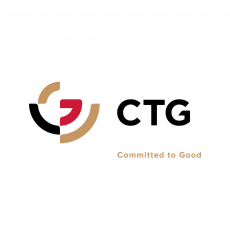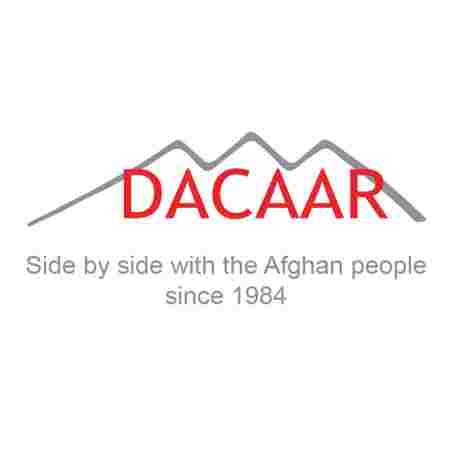Organizational setting:
The United Nations Human Settlements Programme, UN-Habitat, is the agency for human settlements. It is mandated by the UN General Assembly to promote socially and environmentally sustainable towns and cities. The UN-Habitat Afghanistan country office is part of the Regional Office for Asia and the Pacific (ROAP). The position is located in Kunduz and Baghlan (NE region) provinces, Afghanistan.
Learning from the experience in the last 30 years and recognizing the realities of the current context in the country, UN-Habitat in Afghanistan designs and implements projects in settlements of all sizes, putting the needs of people first, targeting the most vulnerable and meeting local needs by focusing on area-based and community-driven outputs. The portfolio currently covers projects ranging from humanitarian responses to supporting recovery and meeting basic human needs. UN-Habitat collaborates closely with the UN country team as well as with technical and financial partners in Afghanistan, in alignment with the UN Strategic Framework for Afghanistan (UNSFA) and the Humanitarian Needs and Response Plans (HNRP).
Afghanistan is experiencing a continuous humanitarian crisis, with over half a million people in the need of humanitarian assistance. Many people are displaced due to climate change, internal displacement or massive returns from neighbouring countries, and many have sought refuge in the relative safety of cities, which are growing rapidly. The number of people living in unplanned, underserviced and informal settlements, including in risk prone areas, is increasing and living conditions as well as access to services is inadequate. The unfolding crisis in Afghan cities, which is accelerated by climate change impacts and natural disasters, is occurring in a context of underlying vulnerabilities, including infrastructure deficits, insecure livelihoods and pervasive tenure insecurity. Most at risk are displaced people in informal settlements, with women, disabled and ethnic minorities being particularly vulnerable.
UN-Habitat applies a participatory and community-driven approach, using participatory spatial planning and action planning processes to enable communities to identify and implement priority service and infrastructure investments to support their socioeconomic recovery processes and creating an enabling environment for durable solutions. UN-Habitat's community-cantered “People's Process” is a proven and effective approach to reduce vulnerability at scale in the Afghan context. UN-Habitat builds upon its long tradition of partnering with communities in informal settlements to create sustainable and safe settlements, improve living conditions and adequate livelihood opportunities to those most in need.
About the Project
Since the Taliban takeover of government on 15th of August 2021 and given the increasing numbers of internally displaced people (IDPs), the operational and programmatic context for the UN system in Afghanistan has changed significantly. The level of programmatic and institutional risk is much higher. The provision of basic needs and preserving livelihoods are critical for reducing
the rapidly growing demand for humanitarian aid and emergency relief. The gradual progress that has been made over the last 20 years including gains in human rights, education, gender equality, health, social protection, and livelihoods are at risk of being lost, especially for women and other vulnerable groups. These factors not only impact the economy, human security, and social cohesion, but are also potential drivers of further conflict and violent extremism.
Learning from the experience in the last 30 years, and recognizing the realities of the current context, the UN in Afghanistan has outlined the need for an integrated, innovative and highly agile approach, one that puts people first, targets the most vulnerable and meets local needs by focusing on saving livelihoods and improving living conditions, including those in areas of high returns from neighbouring countries such as Pakistan and Iran.
The Special Trust Fund for Afghanistan (STFA) has been established to serve as an inter-agency mechanism to enable donors to channel their resources and coordinate their support to the people of Afghanistan and the UN joint programs developed under it, including projects implemented by UN-Habitat.
While the spatial planner will support UN-Habitat’s efforts across the country, a specific focus will be on the STFA-funded joint programme in North-East Afghanistan, supporting Participatory Action for Integrated Developmental Assistance to Areas of Return.





